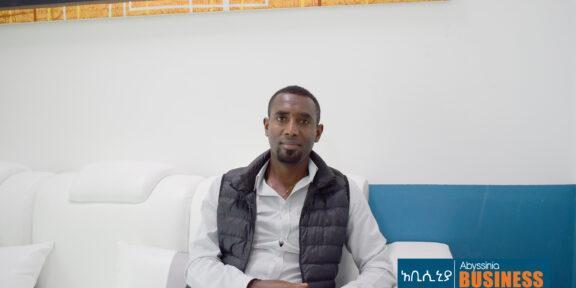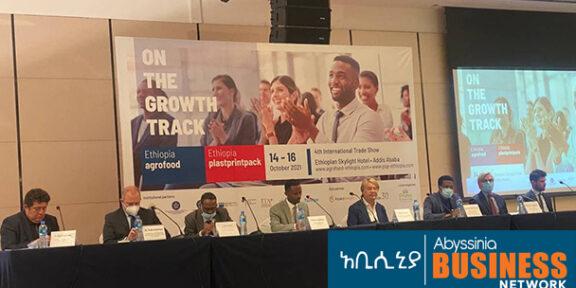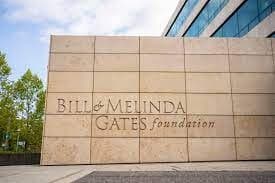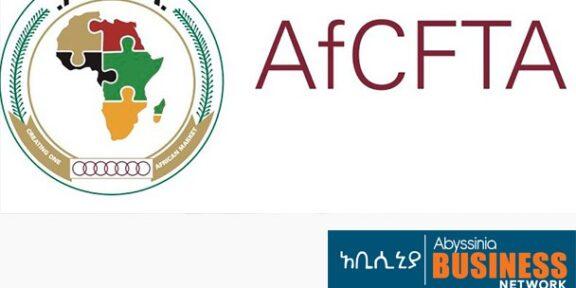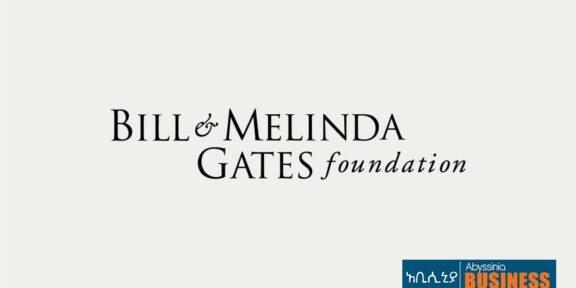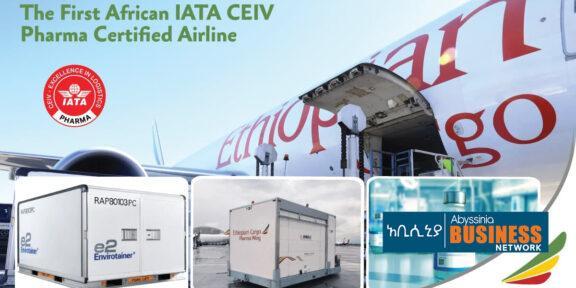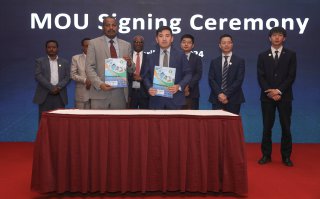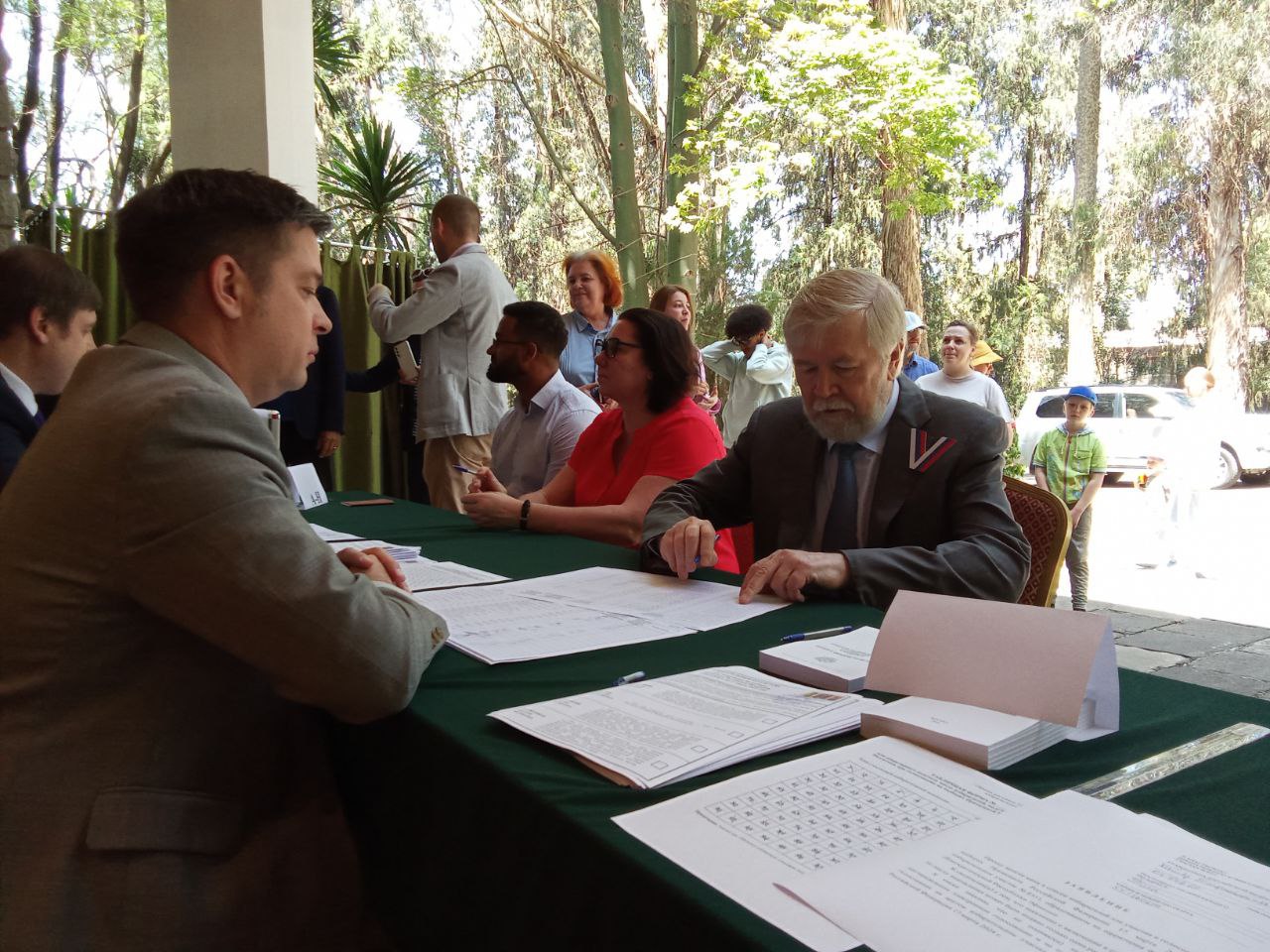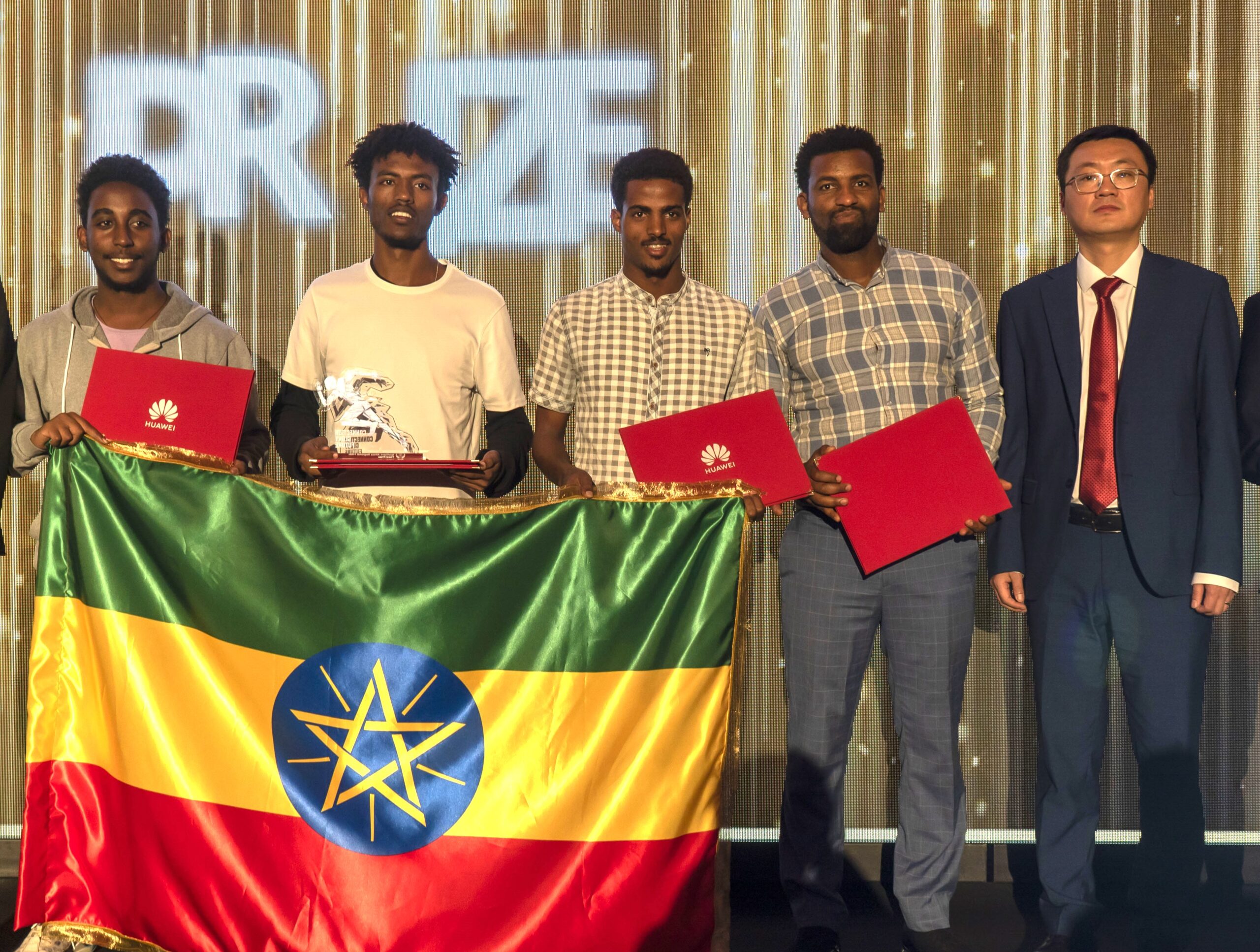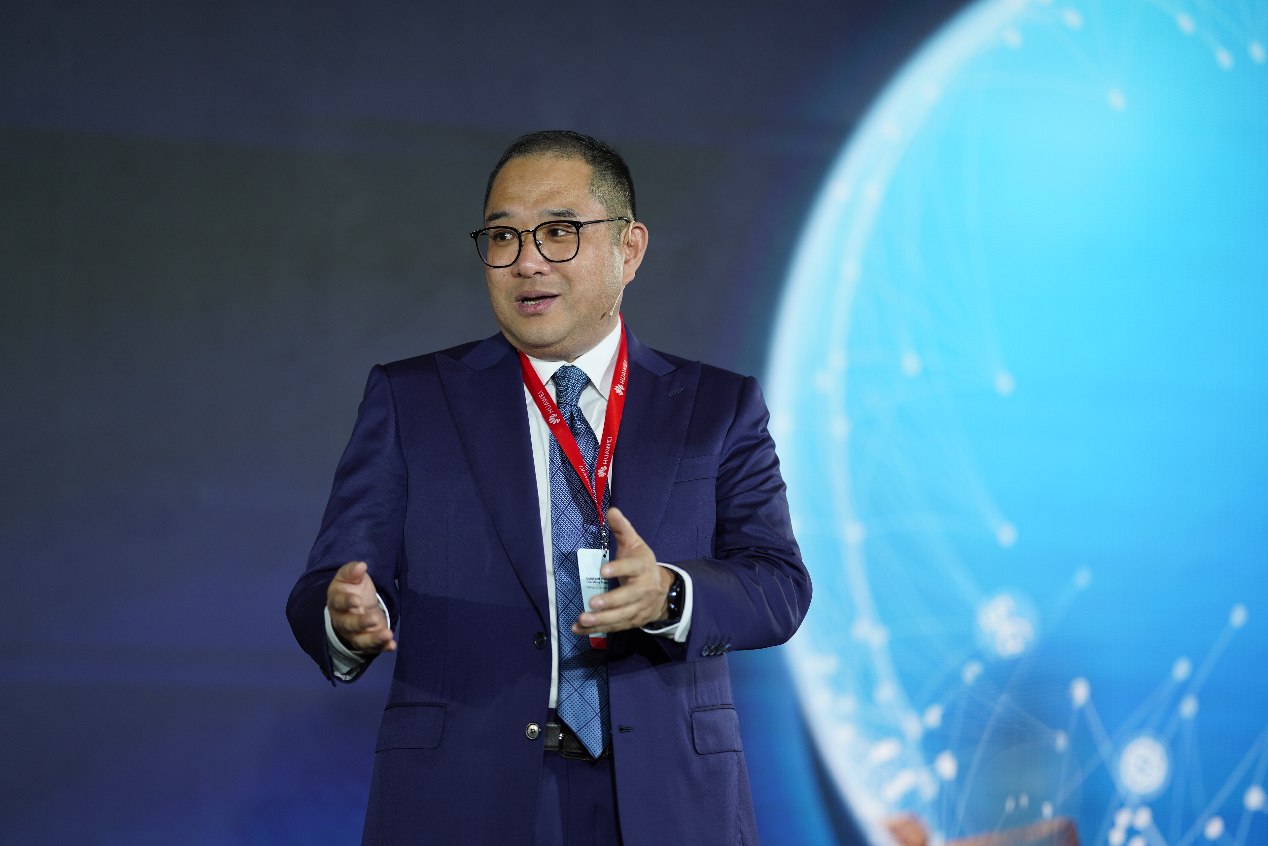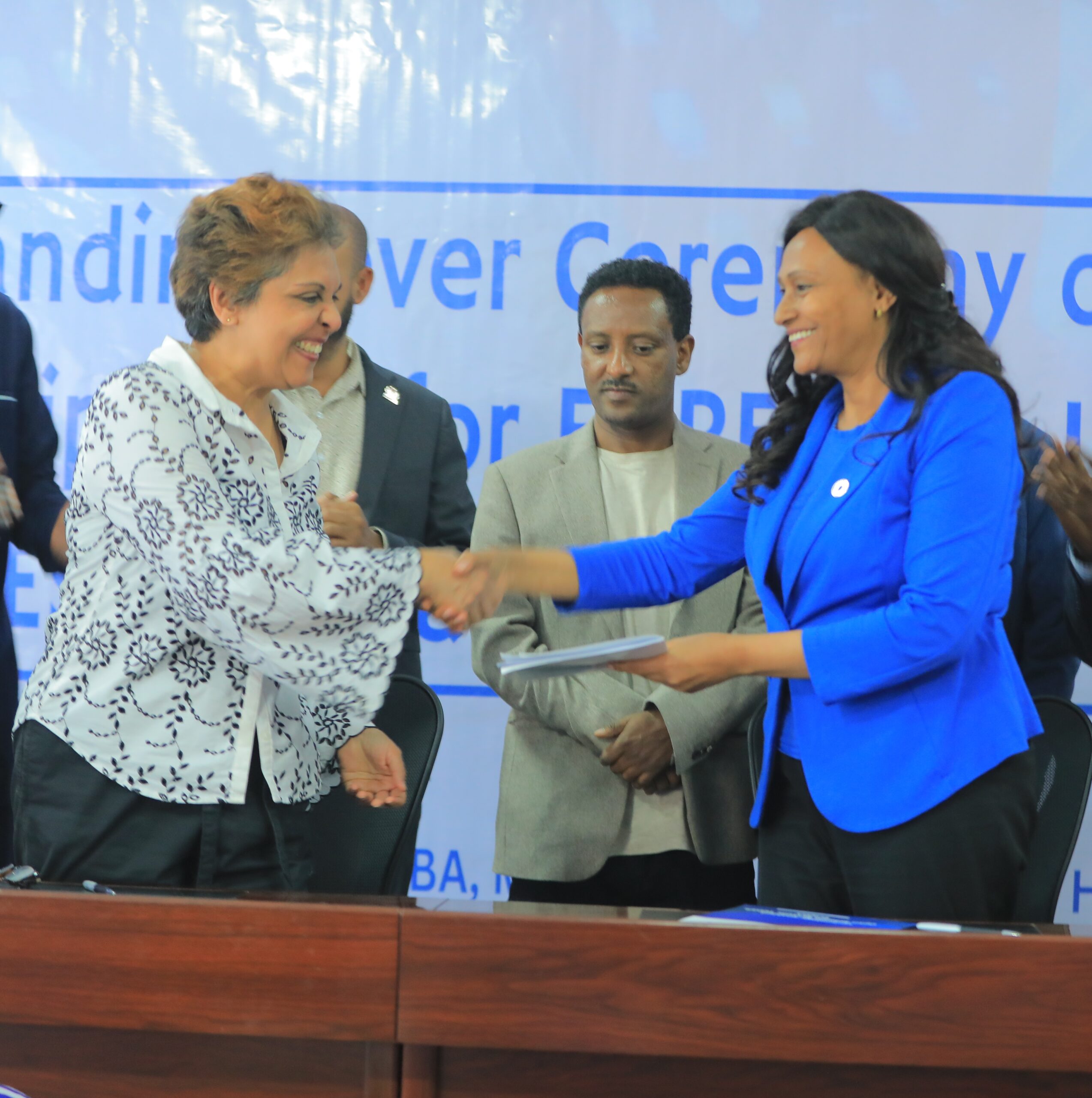African Economic Conference: Development community calls for universal vaccine access to mitigate impact of Omicron, other Covid-19 variants
Sal, Cabo Verde, 2 December 2021 – Cabo Verde President José Maria Neves on Thursday joined the development community in calling for urgent universal vaccine access as a way to mitigate the impact of Omicron and other variants of the Covid-19 virus.
The World Health Organization on Friday categorized Omicron as a Covid-19 “variant of concern”, signifying that it could be more contagious than other known mutations.
Neves told participants at the 2021 African Economic Conference that, although the world may have to live with Covid-19 for a few years, “we must act to manufacture our own vaccine and medicines to face this and other pandemics to come. We must find innovative mechanisms for financing and managing sustainable development, otherwise we will disappoint young Africans.”
“The fight against the Covid-19 pandemic, besides being internal to each country, is at the same time a global fight, which requires global collaborative solutions. Everyone wins if the less developed countries have the necessary conditions to overcome this serious health, economic and social crisis and to leverage their sustainable development,” Neves said.
The 2021 edition of the African Economic Conference is being held in a hybrid format in Sal, Cabo Verde, and online. It brings together a wide range of stakeholders, including policymakers, development institutions, the private sector, and researchers, to discuss ways to sustainably grow the continent’s development funding sources.
Rui Figueiredo Soares, Cabo Verde Foreign Affairs Minister, observed with concern the current pandemic situation. “It is hitting all countries without exception, hence this conference organized with the support of the African Development Bank, the United Nations Development Programme, and the Economic Commission for Africa, could not have come at a better time.”
In a video message, Amina Mohammed, UN Deputy Secretary General, stated that vaccine inequality could cost African countries billions of dollars. “Africa cannot recover from the pandemic alone, we need global solidarity,” she said.
Antonio Pedro, Deputy Executive Secretary at the Economic Commission for Africa, warned: “Failure to address the pandemic through universal access to vaccines will spawn more resilient and potent variants, threatening the global effort to fight the virus. The recent emergence of the Omicron variant of the Covid-19 virus illustrates my point.”
He attributed the emergence of the Omicron variant to “an uncoordinated global response to the pandemic”. “The possibility of new and more virulent variants, coupled with imminent climate shocks, calls for a more coordinated global response to the pandemic, backed by bold and innovative financing mechanisms,” Pedro added.
UN Under-Secretary General and Administrator of the United Nations Development Programme, Achim Steiner told participants: “We need urgent cooperation from vaccine manufacturers and vaccine-producing countries and countries with high vaccination rates to tackle this acute vaccine supply shortage. Doing so will help to open up economic and social opportunities across the continent, boosting GDP and driving forward economic recovery.”
He added: “We are seeing…worrying signs of an uneven global economic recovery…Countries across Africa need new access to finance and debt relief measures, innovative financing solutions as well as more tailored support to transition to a green economy as well as the potential to leverage digital technology to address acute development challenges.”
Kevin Urama, Acting Chief Economist and Vice-President at the African Development Bank, stressed how the pandemic continued to have a huge socio-economic impact on Africa. He said the Bank stood ready to support African countries as they rebuild their economies. “This has heightened the need for transformative domestic reforms. Challenges to Africa’s financing development must be tackled collectively,” he said.




